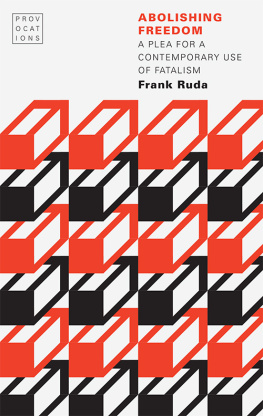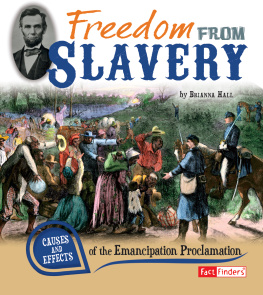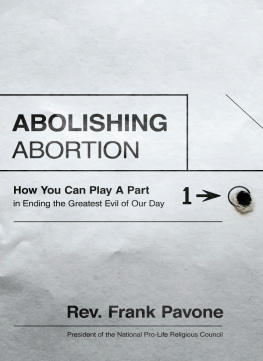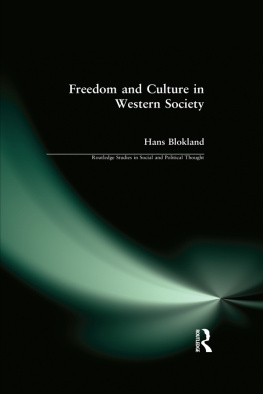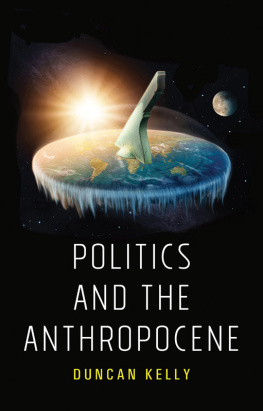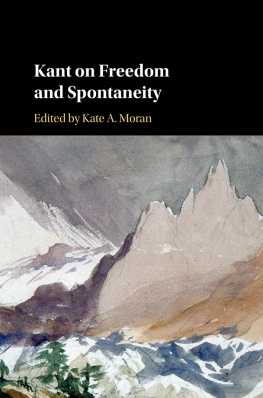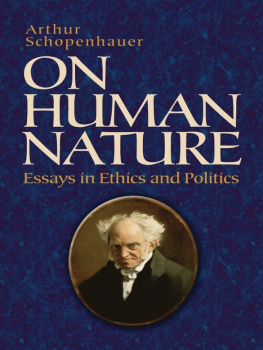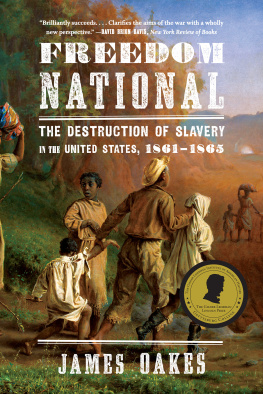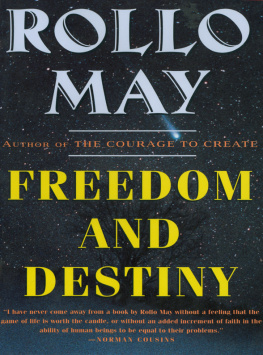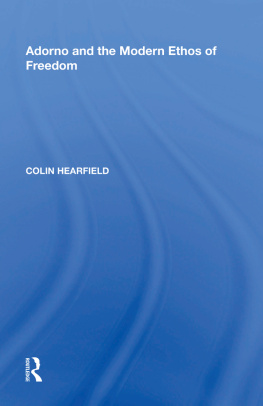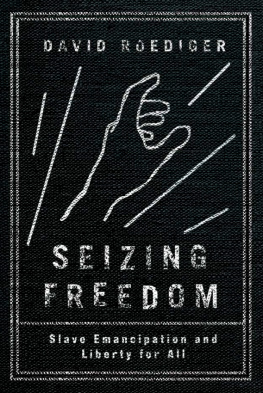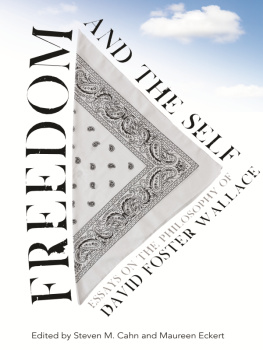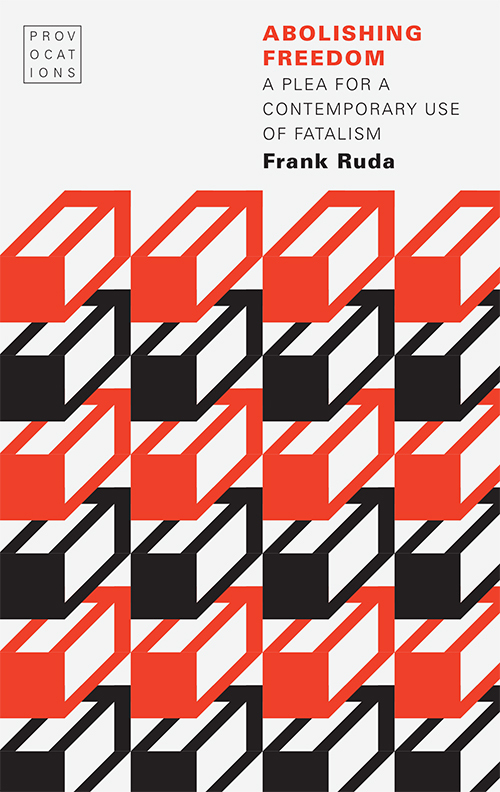The world provokes thought. Thinking is nothing but the human response to this provocation. Thus the very nature of thought is to be the product of a provocation. This is why a genuine act of provocation cannot be the empty rhetorical gesture of the contrarian. It must be an experimental response to the historical necessity to act. Unlike the contrarian, we refuse to reduce provocation to a passive noun or a state of being. We believe that real moments of provocation are constituted by a series of actions that are best defined by verbs or even infinitivesverbs in a modality of potentiality, of the promise of action. To provoke is to intervene in the present by invoking an as yet undecided future radically different from what is declared to be possible in the present and, in so doing, to arouse the desire for bringing about change. By publishing short books from multiple disciplinary perspectives that are closer to the genres of the manifesto, the polemical essay, the intervention, and the pamphlet than to traditional scholarly monographs, Provocations hopes to serve as a forum for the kind of theoretical experimentation that we consider to be the very essence of thought.
Abolishing Freedom
A Plea for a Contemporary Use of Fatalism
Frank Ruda
University of Nebraska Press Lincoln and London
2016 by the Board of Regents of the University of Nebraska
All rights reserved
The series editors would like to thank Jaime Brunton, Daniel Clausen, Daniel Froid, Robert Lipscomb, and Edwardo Rios for their work on the manuscript. This initial volume of the series is dedicated to the memory of Ernesto Laclau.
Library of Congress Cataloging-in-Publication Data
Names: Ruda, Frank, author.
Title: Abolishing freedom: a plea for a contemporary use of fatalism / Frank Ruda.
Description: Lincoln: University of Nebraska Press, 2016. | Series:
Provocations | Includes bibliographical references.
Identifiers: LCCN 2015049866
ISBN 9780803284371 (pbk.: alk. paper)
ISBN 9780803288782 (ePub)
ISBN 9780803288799 (mobi)
ISBN 9780803288805 (pdf)
Subjects: LCSH : Fate and fatalism. | Liberty.
Classification: LCC BJ 1468.5 . R 83 2016 DDC 149/.8dc23 LC record available at http://lccn.loc.gov/2015049866
The publisher does not have any control over and does not assume any responsibility for author or third-party websites or their content.
To Eva, for teaching me that the worst always already happened
In our times we can neither endure our faults nor the means of correcting them.
Titus Livy
Contents
Even fatalists can be grateful. And if they believe that the worst has always already happened, they are grateful to those who in their respective ways made (thinking) the worst possible. They form something like a gang of the worst: a club that consists only of members who, following Groucho Marxs famous saying, would never become members of a club that would take them as members. For me this impossible club includes Eva Heubach, Marco Abel, Alain Badiou, Georg W. Bertram, Lorenzo Chiesa, Rebecca Comay, Joan Copjec, Mladen Dolar, Lorenz Engell, Simon Hajdini, Agon Hamza, Fredric Jameson, Christoph Menke, Mark Potocnik, Ozren Pupovac, Rado Riha, Aaron Schuster, Jelica umi, Roland Vgs, Christiane Voss, Alenka Zupani, Slavoj iek, and Hugo Heubach.
Today freedom has become a signifier of oppression. In this historical situation fatalism is the only possible stance that allows us to think freedom without being indifferent. We must affirm the position of a comic fatalism, whose slogans are:
Start by expecting the worst!
Act as if you did not exist!
Act as if you were not free!
Act in such a way that you accept the struggle you cannot flee from!
Act in such a way that you never forget to imagine the end of all things!
Act as if the apocalypse has already happened!
Act as if everything were always already lost!
Act as if you were dead!
Act as if you were an inexistent woman!
Fatalism in Times of Universalized Assthetization
Heaven which wants! We never know what Heaven wants or doesnt want, and perhaps Heaven doesnt even know itself.
Denis Diderot, Jacques the Fatalist and His Master
Nothing, less than nothing, without any further determination. This book will argue that any rationalist should start from this assumption in order to conceptualize freedom. Fatalism, the pure fatalism it will defend, aims at abolishing freedom in all prevailing senses of the term. The motivation for beginning this book in such an apparently unappealing way is linked to a diagnosis shared by many contemporary thinkers, namely that freedom became (or is) a signifier of disorientation. As a result the signifier freedom can function as a signifier of disorientation, that is, in an utterly repressive way. But how could one not be in favor of freedom? In an age when freedom functions as a signifier that enables the dismantling of all forms of social protection, it is important to understand how freedom effectively works. The fact that today people often get only temporary job contracts, for instance, is presented to us as an opportunity to freely explore different job opportunities. Similarly the implementation of universal health care in the United States was attacked by stating that only in the absence of such a system is one free to choose the health care one actually wants. We may recall here what Karl Marx had already claimed in the first volume of his Critique of Political Economy. Within the exchange relation The freedom of most people consists in their freedom to sell their labor power (which appears to them as simply a necessity, given that not doing so would endanger their ability to subsist). The freedom of the capitalist, on the other hand, consists of freely buying another persons labor power. There is, then, a fundamental equality among the two groups of free agents involved in this exchangeyet one profits from this arrangement, whereas the other has no choice but to engage in it.
But what are the conceptual foundations of this arrangement? I will argue that one fundamental conceptual maneuver that is necessarily involved in turning freedom into a signifier of disorientation is the tendency to understand freedom in terms of a capacity that one has. However, by defining freedom as a personal capacity, we turn freedom into something that a person has and ownssomething that is someones property and can be invested in multiple ways. But there is another consequence of this definition of freedom. As soon as we understand freedom as a capacity (that may be realized whenever and in whichever way), we assume that freedom is not only a capacity but also a possibility. But by understanding freedom as a possibility, we conceive of it as already being real and actual in the form of this possibility (that then can be actualized). Reduced to being a capacity, freedom already has its reality (maybe even its full reality) in its possibility. With this conceptual move, freedom as possibility is identified with freedom as actuality. This, however, is a conflation because it leads to the idea that freedom is already real without actually being realized. Against this conflation, which is, as I will argue, fundamentally Aristotelian in nature, this book will attempt to exorcise the last remaining bits of Aristotelianism from contemporary thought. To put it simply, this book seeks to be fundamentally anti-Aristotelian.

